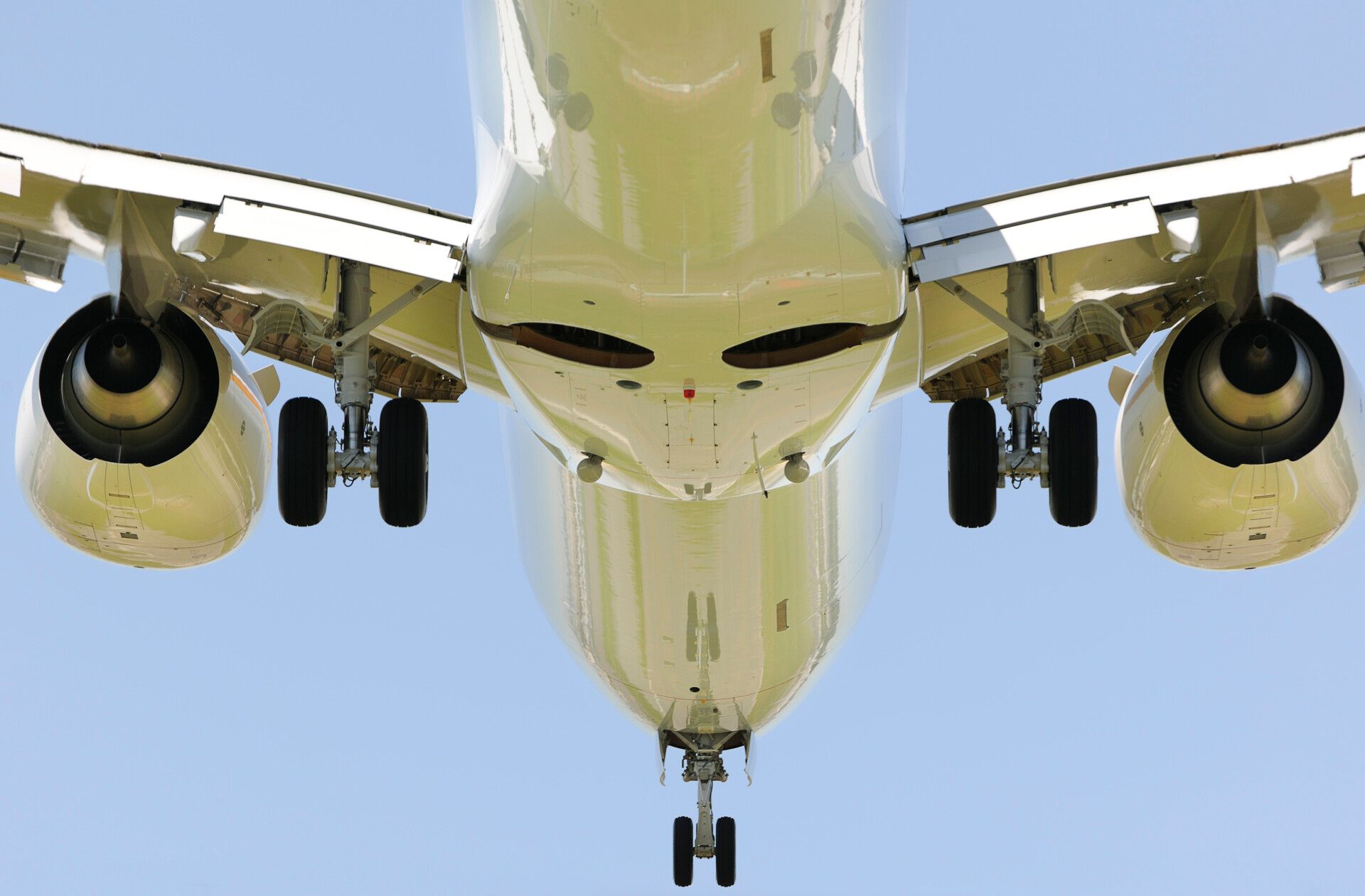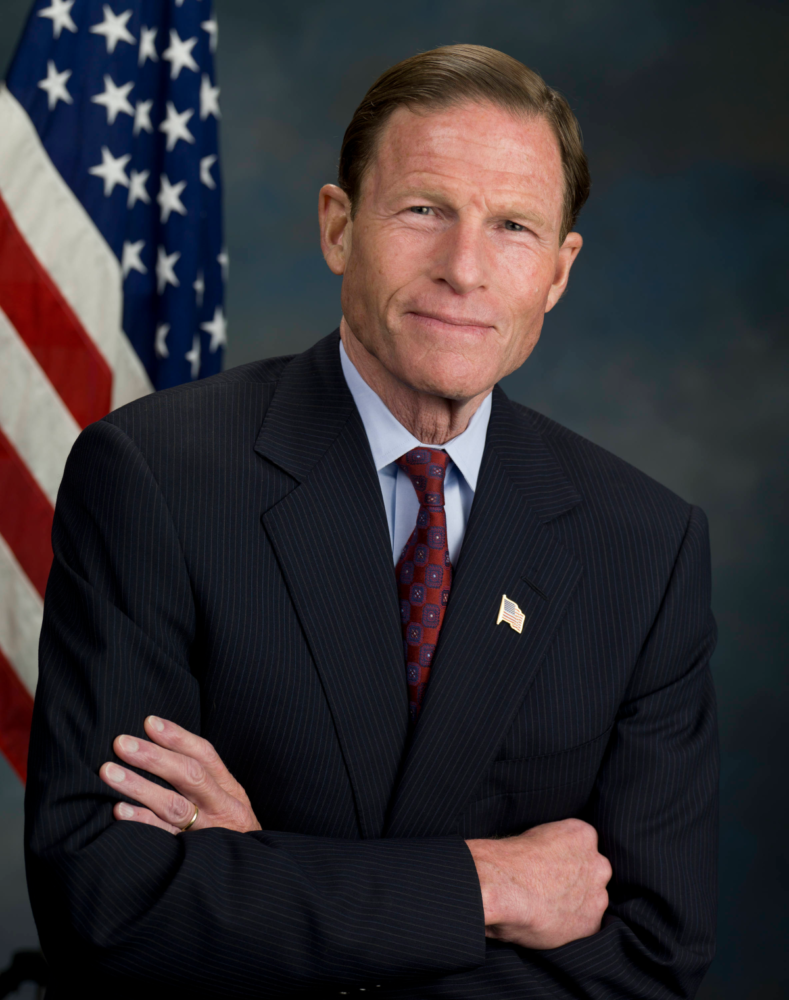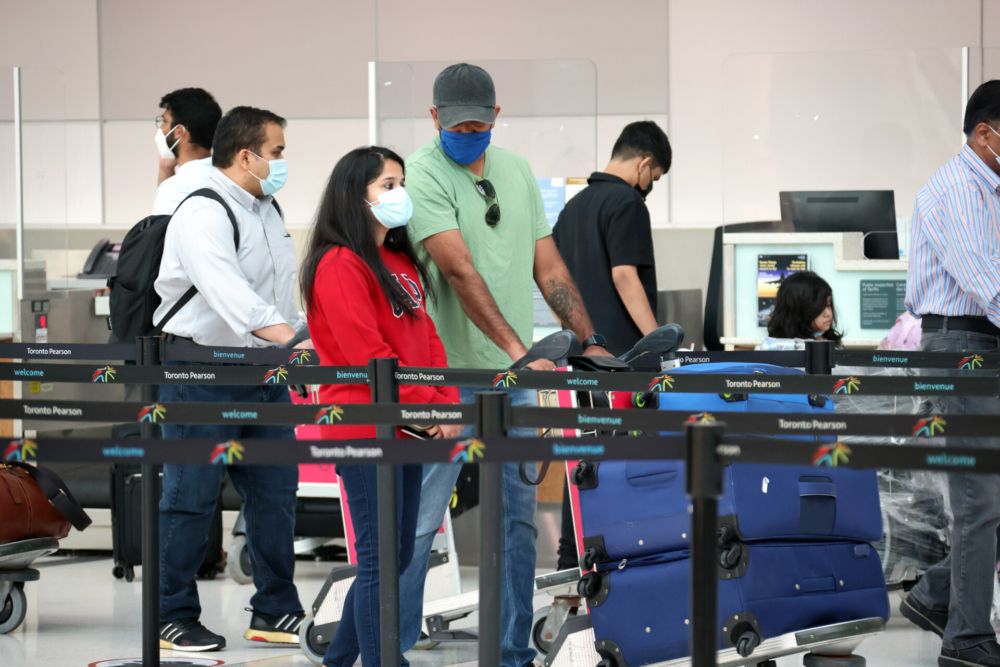Another effort to regulate the fees US airlines can charge for add ons like luggage check-in and seat selection is underway. Previous efforts to slide similar bills through Congress have failed, but several Democrats are determined to try again.
Airline add-ons are "robbery in the skies"
Associated Press is reporting Senator Richard Blumenthal is one Congressman behind the proposed bill. He accuses airlines of "robbery in the skies" and charging fees for "stuff that costs them nothing."
The same report says US airlines raised US$2.8 billion for bag charges alone in 2020. Think that's a tidy haul? Those same airlines made $5.8 billion from bag charges in 2019.
To date, Congress has resisted regulating airline add-on fees (also known as ancillary revenue). Early indications are Senator Blumenthal has a big task ahead of him. While add-on fees are universally loathed not just across the airline industry but across most industries, they seem set to stay.
Airlines like them because add ons are money spinners. In 2019, the last year of clear flying for airlines, airlines worldwide earned more than $100 billion from add-on charges. In the US, ancillary revenue contributed 56% of Spirit Airlines' total revenues in 2020. At Allegiant Airlines, the figure was 52%.
Stay informed: Sign up for our daily and weekly aviation news digests.
Why should one airline passenger cross-subsidize another?
With lead-in fares at near-record lows, add ons for checking in luggage, selecting a seat, and buying an inflight snack can double the cost of the flight on short-haul sectors. And Senator Blumenthal has a point - a lot (but not all) of ancillary revenue earned is straight profit.
A checked bag in the hold isn't going to press the call button three times in a flight and keep requesting more ice from harried flight attendants. That profit is easy profit.
Airlines say the whole idea of add on fees is to allow the passenger to select and pay for what they want. Alternatively, a passenger who checks in a heavy bag or consumes three beers inflight is cross-subsidized by a passenger who does not. Why should the abstemious passenger be doing that?
And that's a fair point. But what annoys most passengers is the lack of nuance surrounding airline add-ons. Should a passenger who flies Allegiant fifty times a year deserve to get hit with the same checked-in luggage charge as an AA loyalist who only flies Allegiant once a year - and then only because AA doesn't fly where they need to go?
The ancillary revenue model isn't flawed, but its application is
The concept behind ancillary revenue, Senator Blumenthal's view notwithstanding, isn't necessarily flawed. But airlines haven't learned to harness it well and use it to incentivize repeat business rather than as a simple revenue raising tool.
Offering that loyal Allegiant passenger a discount or even the occasional free pass is a simple (and relatively cheap) way of building repeat business. But the AI behind most airline ancillary revenue IT systems isn't yet smart enough to do this.
PROS Travel Retail Vice President Mike Slone says airlines need to be smarter about the data they collect and already have about passengers.
"The complete customer journey is not just four or five phases of travel. It's literally hundreds of digital touchpoints," he told Simple Flying last month. "There is a lot of data out there, but airlines just aren't using it in the right way."
Slone's point is that airlines like Allegiant should be using the data they have on passengers like their regular flyer to make bespoke add-on offers. Appropriately tailored offers based on past behavior and the data collected from those behaviors can be used to both reward the passenger (keeping them loyal) and generate further revenue for the airline.
Airlines should be playing the long add-on game with their regular flyers - taking the occasional small loss to build a regular long-term ancillary revenue stream from a passenger. Using add-on charges as a blunt tool, which is what airlines mostly do now, raises the ire of influential people like Senator Blumenthal. Even worse, it tempts regular passengers to test drive other airlines.



